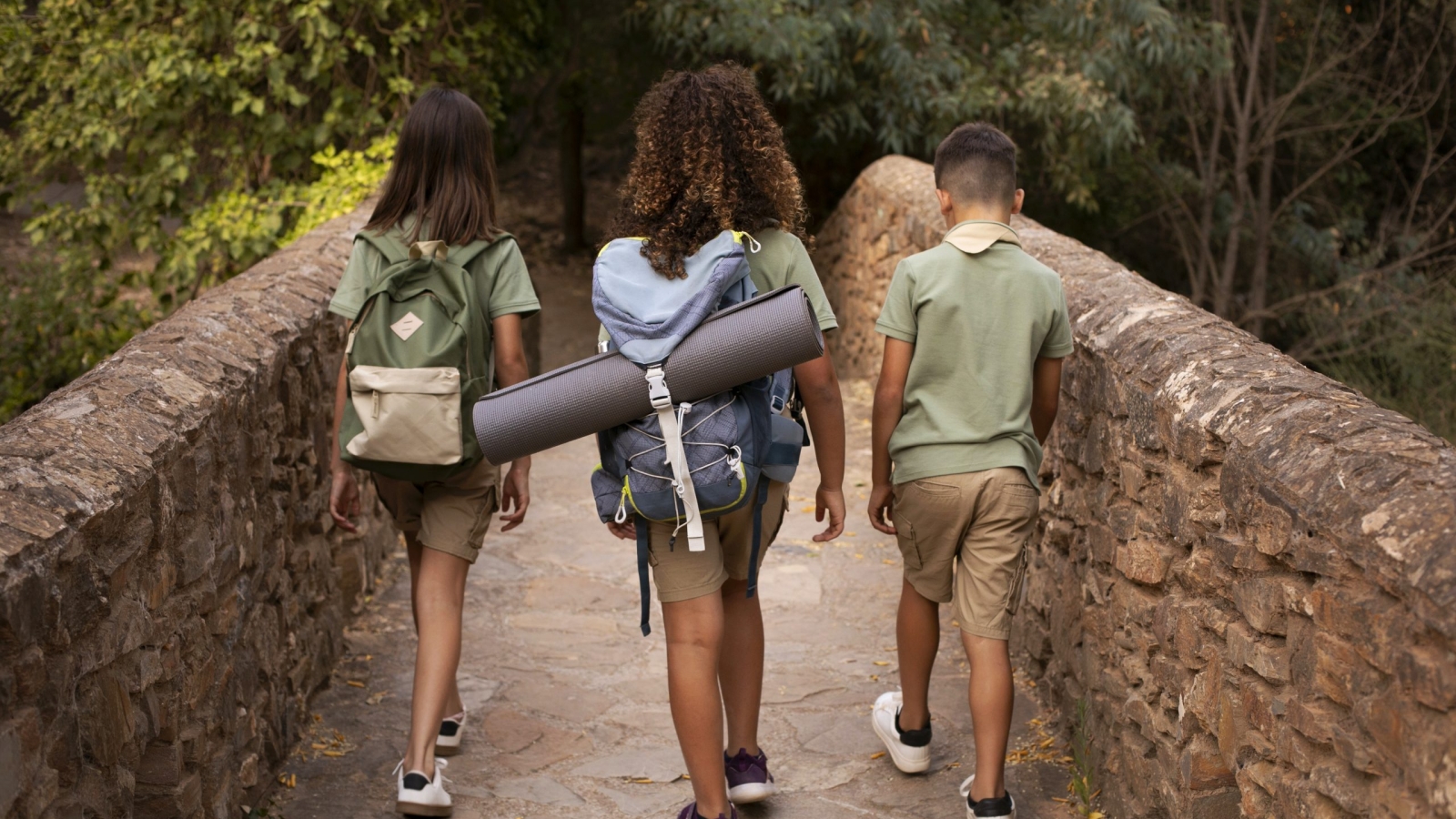Field trips have long been a cherished tradition in the educational journey of children. Whether it’s a visit to a museum, a historical site, a science center, or even a local farm, these excursions offer students a chance to step outside the classroom and experience learning in a dynamic and interactive environment. Here’s why school field trips are crucial for creating lasting memories and fostering development in children.
1. Hands-On Learning Experiences
Field trips provide hands-on learning opportunities that are often more engaging than classroom lessons. For instance, seeing a dinosaur skeleton in a museum or interacting with marine life in an aquarium can make scientific concepts come alive. These tangible experiences help children better understand and retain information, making learning both fun and effective.
2. Real-World Connections
Visiting places of historical or cultural significance allows children to make real-world connections with what they learn in textbooks. Seeing the artifacts at a historical site or observing the natural world firsthand bridges the gap between theoretical knowledge and practical understanding. These experiences make learning relevant and can ignite a lifelong passion for certain subjects.
3. Social Development
Field trips are also an important avenue for social development. They provide opportunities for students to interact with their peers in a different setting, fostering teamwork and communication skills. Shared experiences outside the classroom can strengthen friendships and build a sense of community among students.
4. Exposure to New Environments
For many children, field trips are a chance to explore new environments and broaden their horizons. Whether it’s their first time visiting a big city, a rural area, or a specialized institution, these trips can inspire curiosity and a sense of adventure. Exposure to diverse settings can also teach children to appreciate and respect different ways of life and the world around them.
5. Breaking the Routine
The routine of daily classes can sometimes become monotonous for students. Field trips break this routine and offer a refreshing change of pace. The excitement and anticipation of a field trip can rejuvenate students, making them more enthusiastic about learning and school in general.
6. Creating Lasting Memories
The memories made during school field trips often stay with children for a lifetime. These experiences become stories they share with family and friends, and often recall fondly as they grow older. The unique and memorable moments from these trips can have a profound impact on a child’s perception of learning and exploration.
7. Inspiring Future Interests and Careers
For some students, a field trip can be a pivotal moment that sparks an interest in a particular field or career. A visit to a planetarium might inspire a future astronomer, or a trip to a theater might ignite a passion for the arts. These experiences can open doors to new possibilities and influence future educational and career choices.
Conclusion
School field trips are much more than just a day away from the classroom; they are a vital part of the educational experience that enriches the lives of children in numerous ways. By providing hands-on learning, real-world connections, social development, exposure to new environments, a break from routine, lasting memories, and inspiration for future interests, field trips play a critical role in shaping well-rounded, curious, and engaged learners. As educators and parents, supporting and encouraging these excursions can have a lasting positive impact on the growth and development of our children.


Leave A Comment